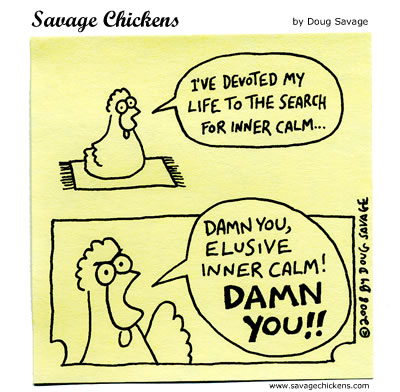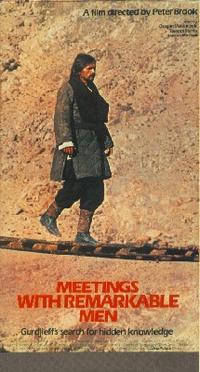 In the novel that I just finished reading (The Time Traveler's Wife), the time traveler has a genetic abnormality that causes him to become abruptly displaced in time to either the past or future. That's the way I feel at the moment, that I've crash-landed in the time immediately before I headed off to Shanghai. Suddenly the four and half months already spent in that city seem like a dream. Tonight I'm sitting in my study just as I always did but the laptop is showing Shanghai time. I reset it for Jakarta and, instead of being 12:30am on Wednesday, it's now Tuesday 22nd December once again. This makes me feel even more like a time traveler.
In the novel that I just finished reading (The Time Traveler's Wife), the time traveler has a genetic abnormality that causes him to become abruptly displaced in time to either the past or future. That's the way I feel at the moment, that I've crash-landed in the time immediately before I headed off to Shanghai. Suddenly the four and half months already spent in that city seem like a dream. Tonight I'm sitting in my study just as I always did but the laptop is showing Shanghai time. I reset it for Jakarta and, instead of being 12:30am on Wednesday, it's now Tuesday 22nd December once again. This makes me feel even more like a time traveler.The change of routine has thrown my meditation into abeyance and I have come down with a mild but energy-sapping cold. Right now I've just taken two Panadol in the hope of alleviating my discomfort and I am reflecting on the nature of time. I particularly liked the poem that Audrey Niffenegger (the author of the aforementioned book) uses at the beginning of the novel:
LOVE AFTER LOVE
The time will come
when, with elation,
you will greet yourself arriving
at your own door, in your own mirror,
and each will smile at the other's welcome,
and say, sit here. Eat.
You will love again the stranger who was your self.
Give wine. Give bread. Give back your heart
to itself, to the stranger who has loved you
all your life, whom you ignored
for another, who knows you by heart.
Take down the love letters from the bookshelf,
the photographs, the desperate notes,
peel your own image from the mirror.
Sit. Feast on your life.
Derek Walcott
I found these lines very interesting and they reminded me of Meher Baba's words "I am closer to you than your own breath". Given my spiritual myopia however, that's simply too close. However, the time will indeed come, either in this life or the afterlife, when I will sit down with the stranger who was myself and feast on my life. Time to resume my meditation.














 Now that my practice of meditation has become a daily habit, I find myself a little more in sympathy with religious ritual which at least sets aside some time for supposedly "spiritual" activities not directly related to the routine of daily life. The activities themselves, as practised by the majority of individuals, are often mechanical and motivated by the desire for worldly gain but not always, the potential for some sort of spiritual breakthrough is always there. If no time is set aside, then the phenomenal world is liable to absorb our complete attention and we oscillate forever between past and future, never finding the equilibrium of the present moment. Years can go by like that, even entire lifetimes.
Now that my practice of meditation has become a daily habit, I find myself a little more in sympathy with religious ritual which at least sets aside some time for supposedly "spiritual" activities not directly related to the routine of daily life. The activities themselves, as practised by the majority of individuals, are often mechanical and motivated by the desire for worldly gain but not always, the potential for some sort of spiritual breakthrough is always there. If no time is set aside, then the phenomenal world is liable to absorb our complete attention and we oscillate forever between past and future, never finding the equilibrium of the present moment. Years can go by like that, even entire lifetimes.![Reblog this post [with Zemanta]](http://img.zemanta.com/reblog_e.png?x-id=0159dbe9-74cb-4d8d-8a92-d99933f019c7)
![Reblog this post [with Zemanta]](http://img.zemanta.com/reblog_e.png?x-id=ceb8c4bb-06e5-469a-a810-bd6a94b9efd4)



![Reblog this post [with Zemanta]](http://img.zemanta.com/reblog_e.png?x-id=495f576c-15b2-4fd2-b6c2-7c826159c759)




